Heavy
Visit to download the full and correct content document: https://textbookfull.com/product/heavy-metal-272-2014-1st-edition-kevin-eastman/
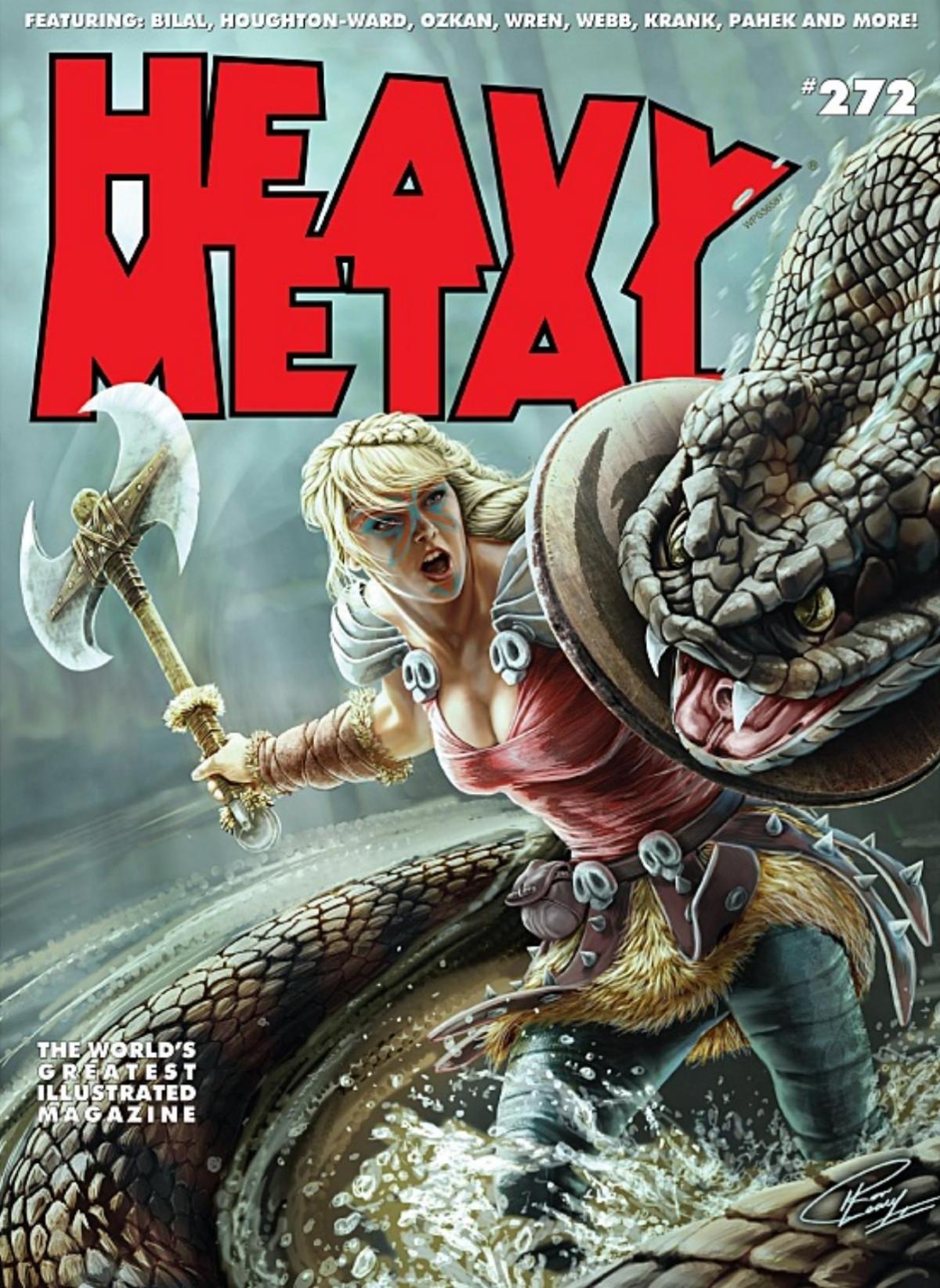
More products digital (pdf, epub, mobi) instant download maybe you interests ...
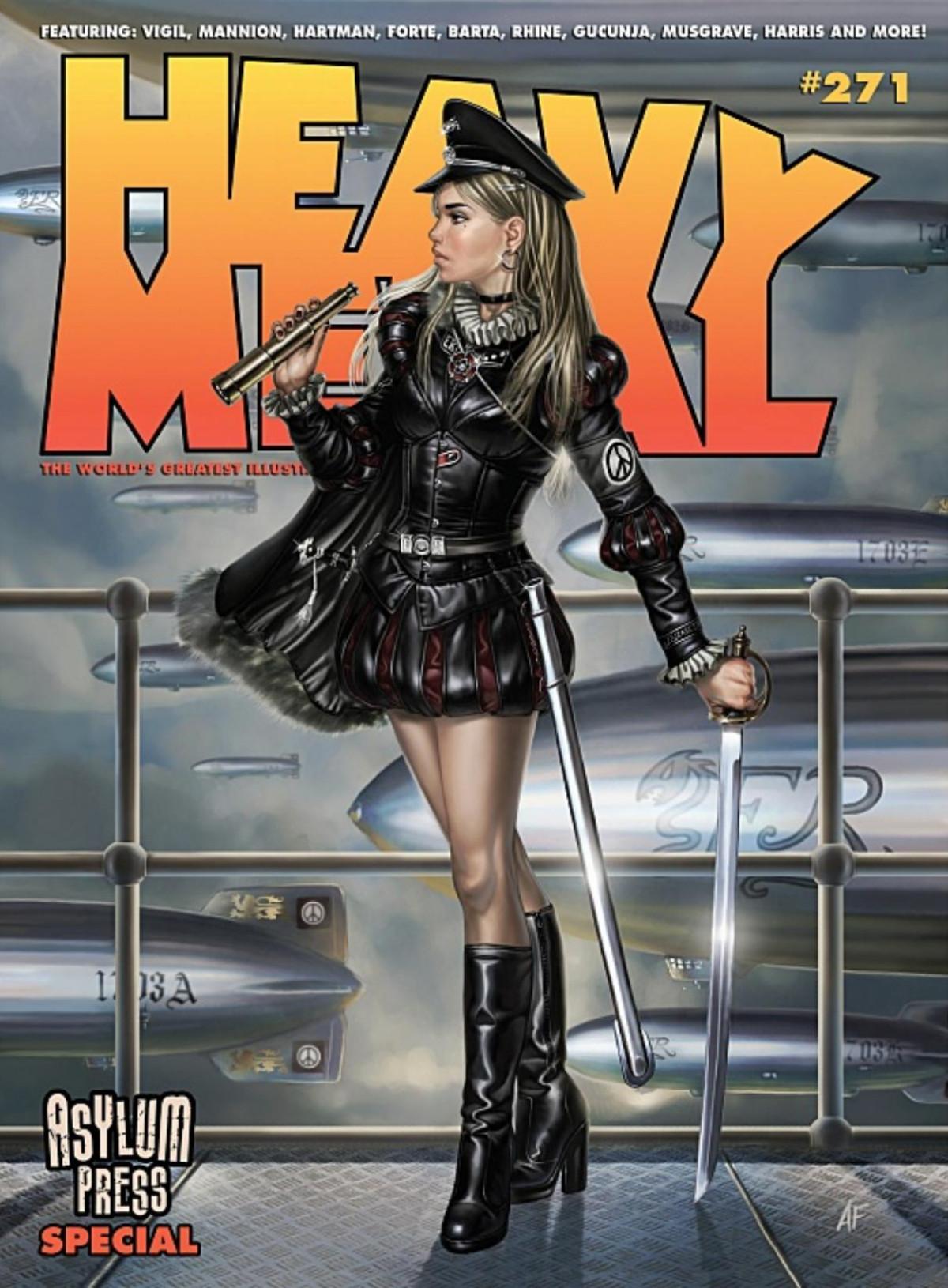
Heavy Metal 271 2014 1st Edition Kevin Eastman
https://textbookfull.com/product/heavy-metal-271-2014-1stedition-kevin-eastman/

Hard Chrome American Heavy Metal 1 1st Edition Vanessa
North
https://textbookfull.com/product/hard-chrome-american-heavymetal-1-1st-edition-vanessa-north/

Scream for Me Africa Heavy Metal Identities in Post Colonial Africa 1st Edition Banchs
https://textbookfull.com/product/scream-for-me-africa-heavymetal-identities-in-post-colonial-africa-1st-edition-banchs/

Heavy Is The Head 1st Edition Nani Mahal
https://textbookfull.com/product/heavy-is-the-head-1st-editionnani-mahal/
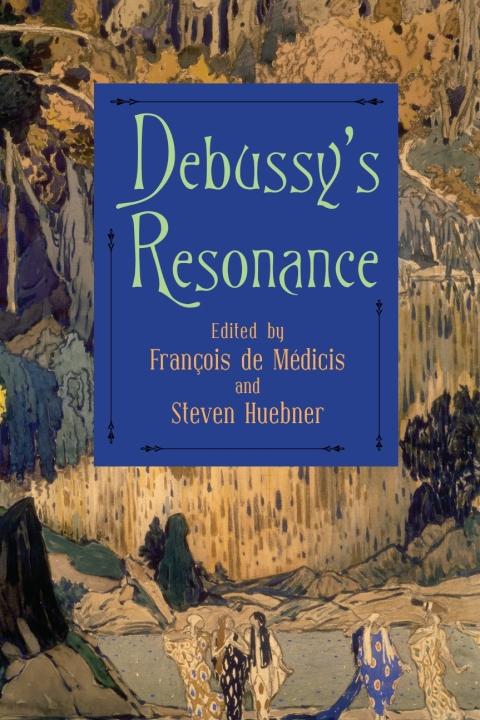
Debussy s Resonance Eastman studies in music 150 1st Edition Matthew Brown
https://textbookfull.com/product/debussy-s-resonance-eastmanstudies-in-music-150-1st-edition-matthew-brown/

Transition metal catalyzed furans synthesis : transition metal catalyzed heterocycles synthesis series 1st Edition Wu
https://textbookfull.com/product/transition-metal-catalyzedfurans-synthesis-transition-metal-catalyzed-heterocyclessynthesis-series-1st-edition-wu/

Transition Metal-Catalyzed Pyridine Synthesis. Transition Metal-Catalyzed Heterocycle Synthesis Series 1st Edition Wu
https://textbookfull.com/product/transition-metal-catalyzedpyridine-synthesis-transition-metal-catalyzed-heterocyclesynthesis-series-1st-edition-wu/
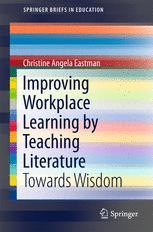
Improving Workplace Learning by Teaching Literature Towards
Wisdom 1st Edition Christine Angela Eastman (Auth.)
https://textbookfull.com/product/improving-workplace-learning-byteaching-literature-towards-wisdom-1st-edition-christine-angelaeastman-auth/

Metal and Metal Oxides for Energy and Electronics Saravanan Rajendran
https://textbookfull.com/product/metal-and-metal-oxides-forenergy-and-electronics-saravanan-rajendran/



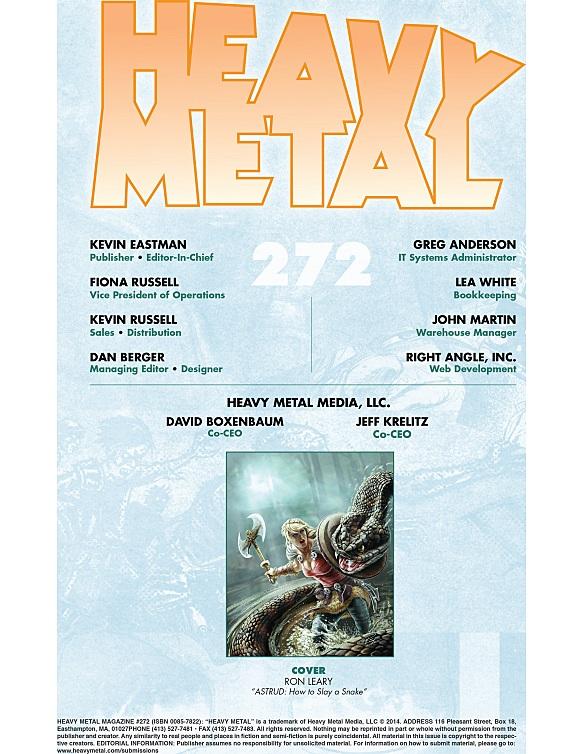
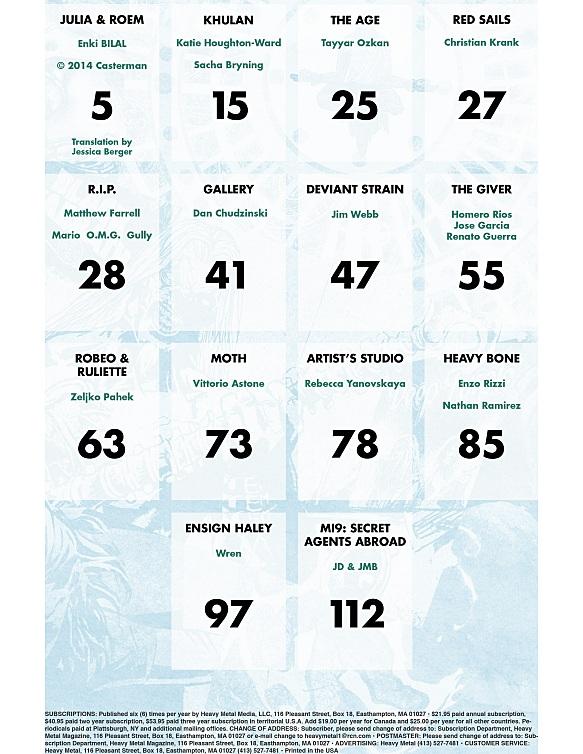

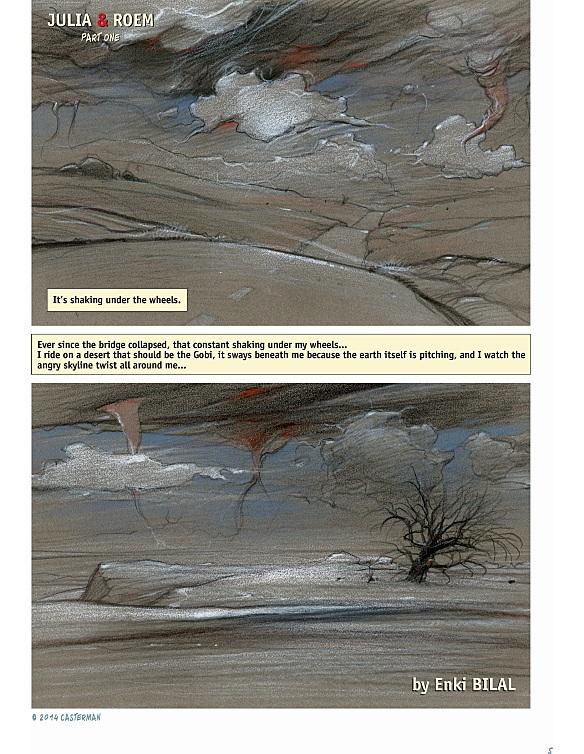
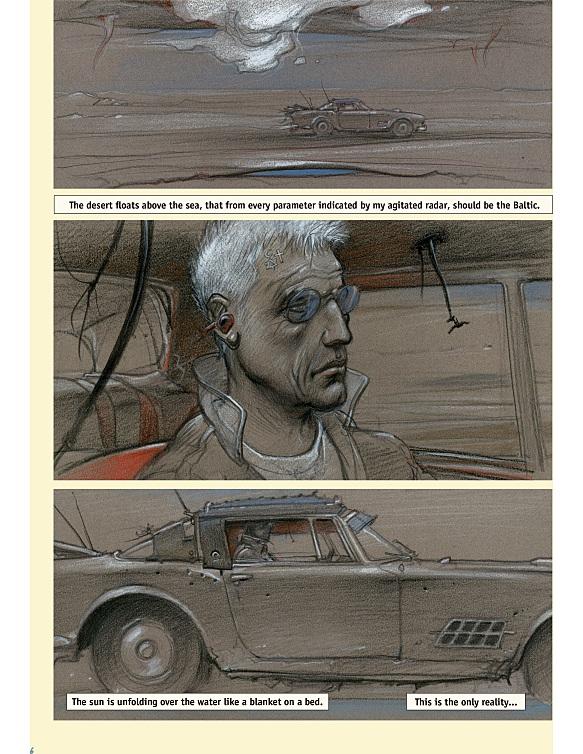
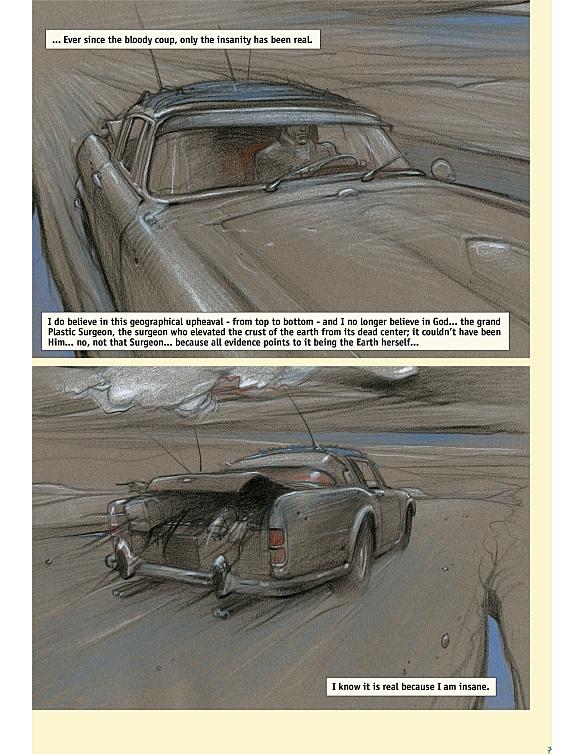
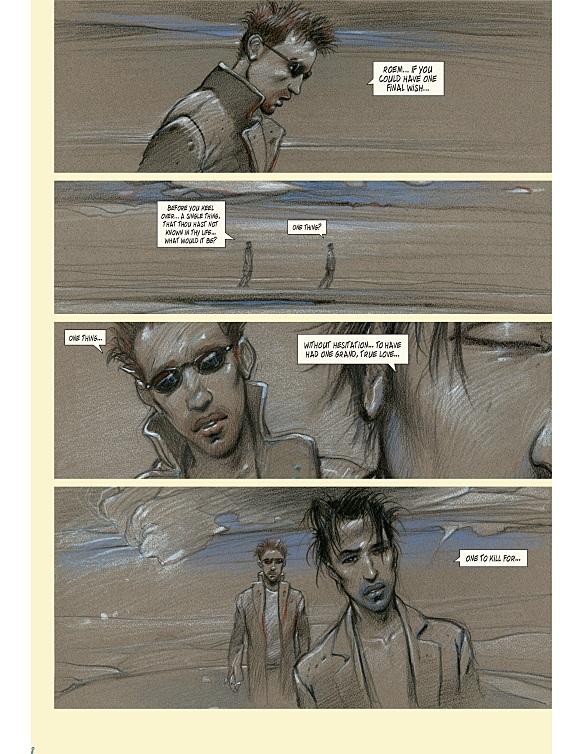

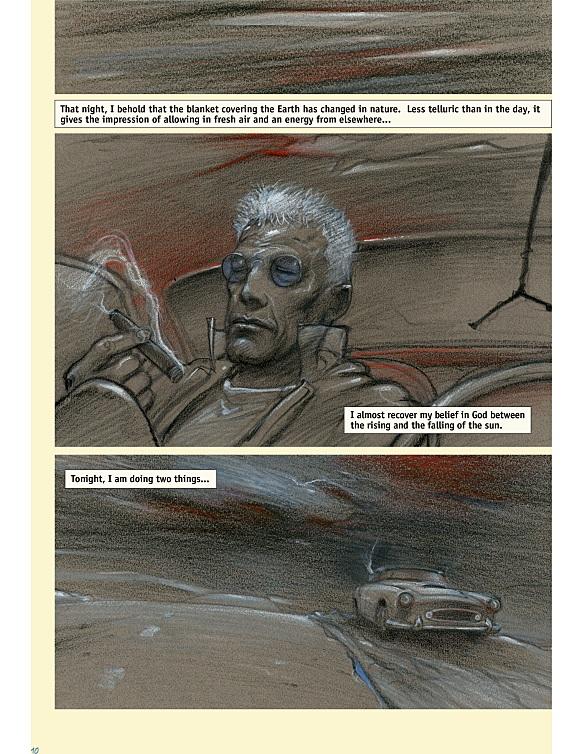

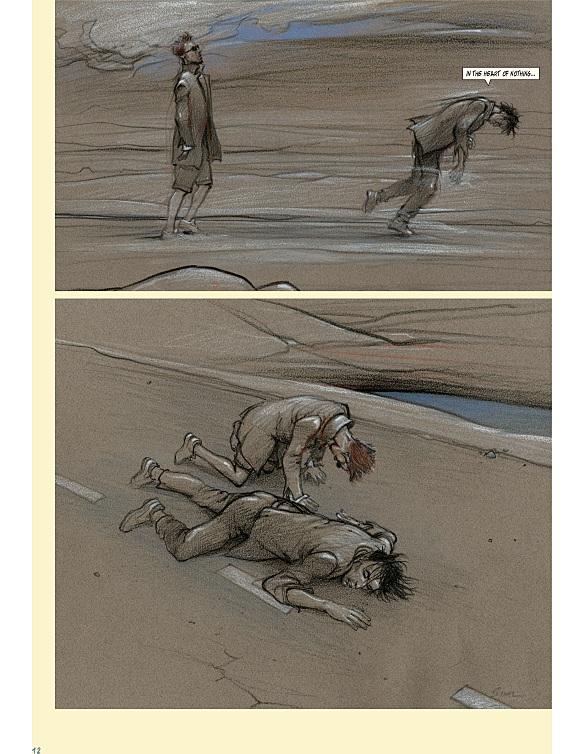
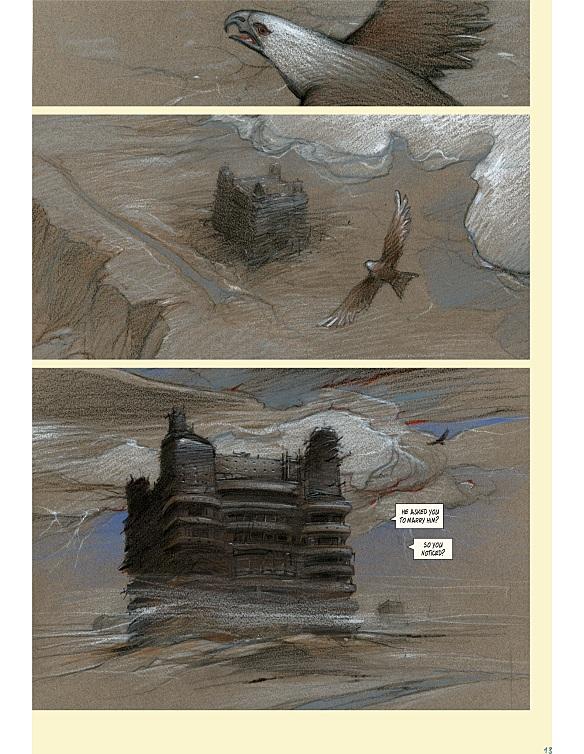
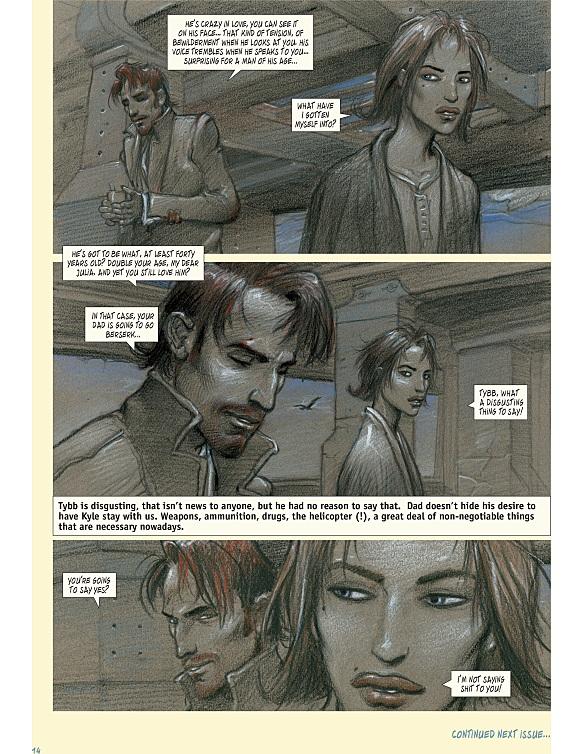

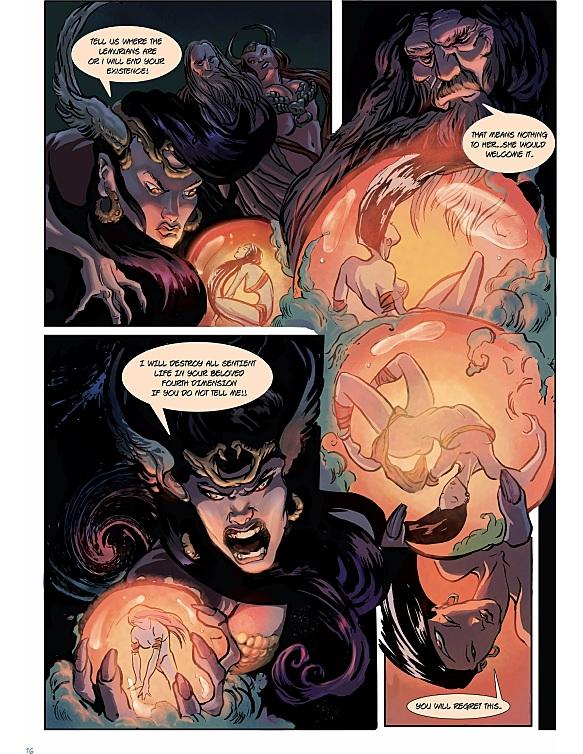




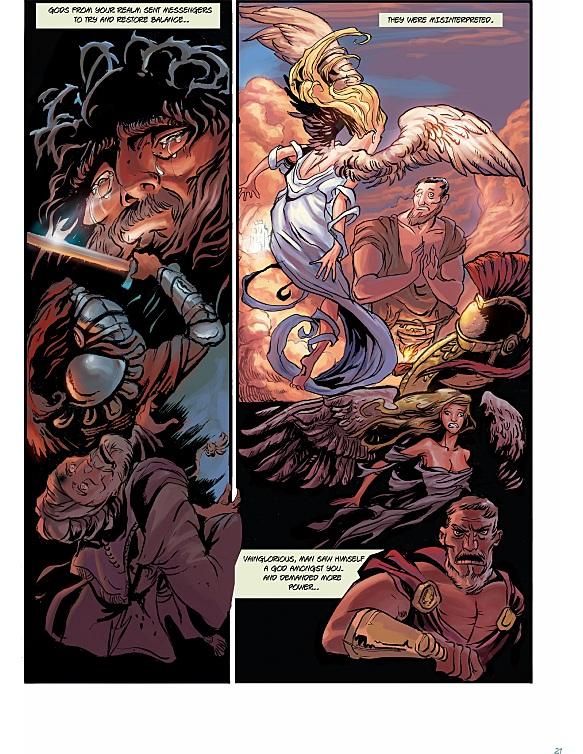

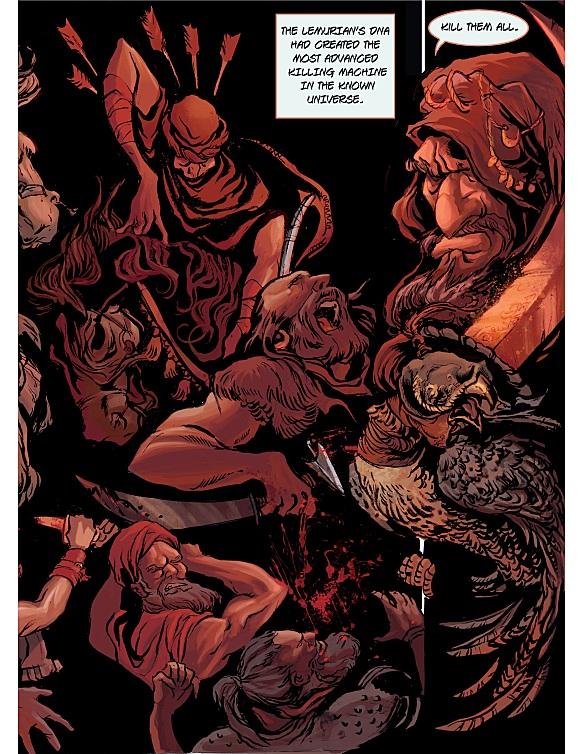
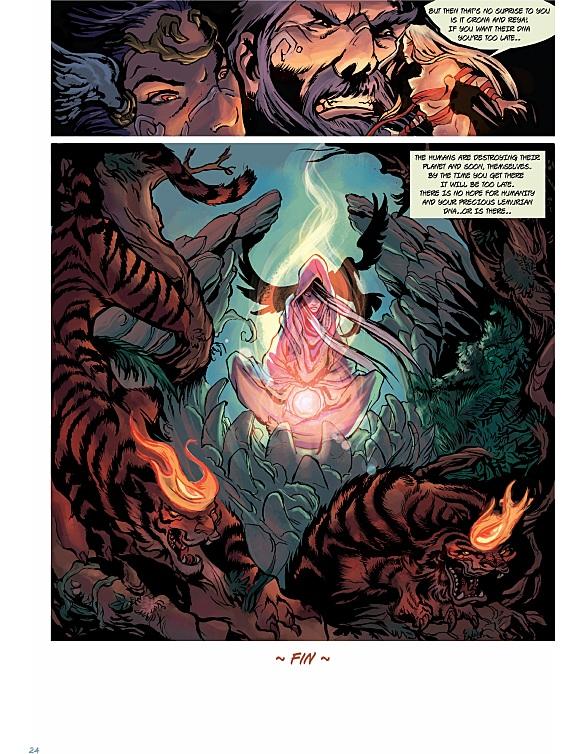

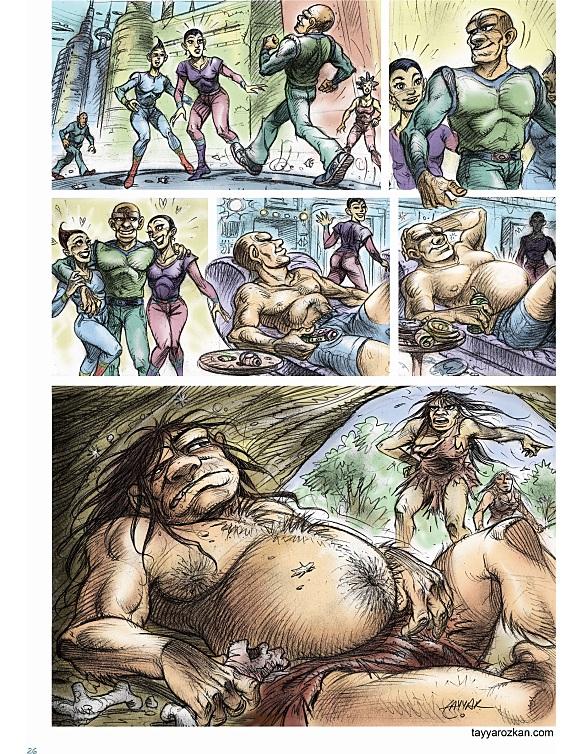
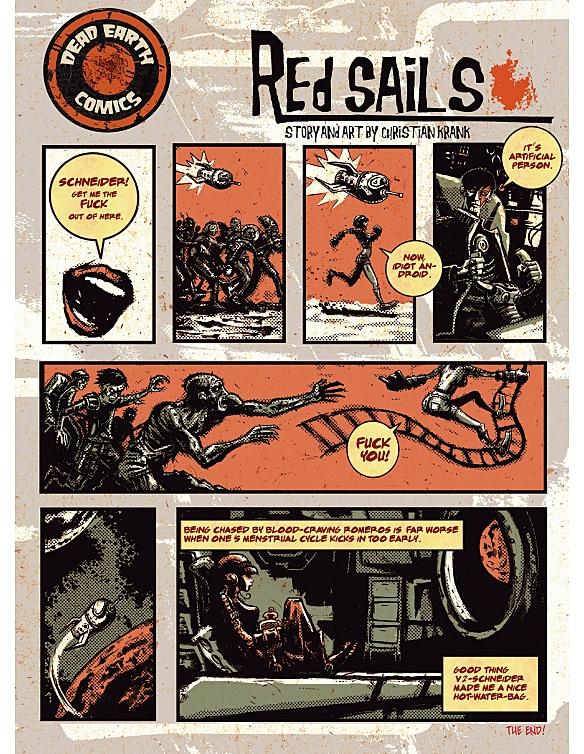
Another random document with no related content on Scribd:
SAUCKEL: No, for the workers were used in those economic branches for which they had been demanded, and they had nothing at all to do with the OKW.
DR. NELTE: Thank you very much.
THE PRESIDENT: Do any members of the Prosecution wish to cross-examine?
M. JACQUES B. HERZOG (Assistant Prosecutor for the French Republic): Defendant Sauckel, you joined the National Socialist Party in 1925, didn’t you? Is that correct?
SAUCKEL: I joined the National Socialist Party for the first time, as an ordinary member, as early as 1923. When the Party was reorganized in 1925 I again became a member.
M. HERZOG: But you had supported the policy of National Socialism since 1921, had you not?
SAUCKEL: From 1921 onwards, I supported a German policy. In 1921 I did not as yet belong to the Party. I knew about the Party, and I was in sympathy with its ideas; that is probably the right way to put it.
M. HERZOG: Did you not make speeches in favor of National Socialism from that time on?
SAUCKEL: From about the middle of 1921 I made speeches in favor of Germany, not expressly for the Party and only in a very small way, at small gatherings, and as my conscience guided me.
M. HERZOG: You were Gauleiter, member of the Landrat, Minister of the Interior, and Governor of Thuringia. Is it correct that in this capacity you brought about the Nazification of your Gau?
SAUCKEL: I was Prime Minister of Thuringia from August 1932, and I was Minister of the Interior as well.
M. HERZOG: I am asking you the question again: Is it correct that, in your capacity as Gauleiter and Governor of Thuringia, you brought about the Nazification of your Gau?
SAUCKEL: Nazification is a term with which I was neither familiar nor do I consider it correct. I recruited for the National Socialist Party and I supported it.
M. HERZOG: You were Obergruppenführer of the organization of the SS, were you not?
SAUCKEL: I do not quite understand. Of the SS?
M. HERZOG: You were an Obergruppenführer of the SS?
SAUCKEL: I already stated in my preliminary interrogation that I was an honorary Obergruppenführer of the SS. I myself never served in the SS, nor did I exercise any functions in the SS.
M. HERZOG: When did you become Obergruppenführer of the SS?
SAUCKEL: As far as I remember I became an Obergruppenführer of the SS in 1934.
M. HERZOG: And you were that until when?
SAUCKEL: Until the end.
M. HERZOG: Among the documents which you have presented in your document book, there is Document Sauckel-95. I will read the following passage on Page 252 of the French translation:
“My dear fellow countrymen, our magnificent SA and SS, persecuted and insulted during a whole decade as the scum of the German people, have carried through, supported, and sustained this revolution with an unshakable discipline....”
Is it correct...
THE PRESIDENT: From what are you reading?
M. HERZOG: From Document Sauckel-95 of the defendant’s document book; Document Sauckel-95, which was submitted yesterday by the learned counsel for the defense, Page 252 of the French translation. It is in the third document book of the defendant.
THE PRESIDENT: Yes, go on.
M. HERZOG: I put the question again and read:
“My dear fellow countrymen, our magnificent SA and SS, persecuted and insulted during a whole decade as the scum of the German people, have carried through, supported, and sustained this revolution with an unshakable discipline....”
Do you confirm this declaration?
SAUCKEL: Yes, but I request that I be shown the document in cross-examination so that I can define my attitude in detail.
M. HERZOG: This document is taken from your own document book, which you yourself submitted.
SAUCKEL: Yes, I remember it well.
M. HERZOG: Were the Nuremberg Laws concerning Jews in accordance with your convictions?
SAUCKEL: I had no influence on legislation such as culminated in the Nuremberg Laws. My conviction is that every nation and every race has the right to exist and to demand respect and protection through itself. What I demand and have demanded for my own people is exactly the same.
M. HERZOG: Did you see to it that the Nuremberg Laws were strictly applied in the Gau of Thuringia?
SAUCKEL: The Nuremberg Laws could apply to Thuringia only insofar as my authority to appoint or dismiss employees was involved; and, of course, according to German law, it was my duty to carry out the law. The carrying out of this law by me entailed neither ill-usage nor any other inhuman treatment.
M. HERZOG: Did you approve of Hitler’s theory of living space?
SAUCKEL: The Führer wrote about living space in his book. How far I agreed or disagreed with him cannot, in my opinion, be dealt with in this Trial, for I had no influence as to how the Führer himself should interpret the word Lebensraum.
THE PRESIDENT: The Tribunal think that you must answer the question, whether or not you approve of the doctrine of Lebensraum.
SAUCKEL: I am not fully acquainted with the statements made by the Führer about the doctrine of Lebensraum. I should like to emphasize that I never thought of Lebensraum in connection with the carrying out of wars, or wars of aggression; neither did I promote the idea; but the idea of Lebensraum is perhaps best brought home to us by the fact that the population of Europe in the last 100 years has increased threefold, from 150 million to 450 million.
M. HERZOG: Did you, or did you not approve of the theory of Lebensraum? Answer “yes” or “no.”
SAUCKEL: I did not agree with the theory of Lebensraum if it had to do with wars of aggression.
M. HERZOG: Did you approve of Hitler’s theory of the master race?
SAUCKEL: I could give abundant proof that I personally always refused to emphasize the idea of a master race, and said so in my speeches. I am personally much more interested in proficiency than in ideas about a master race.
M. HERZOG: Then you did not think that the foreign policy of Germany should have been conducted according to these two theories; the theory of Lebensraum on the one hand, and the theory of the master race on the other hand?
SAUCKEL: I have already stated to my counsel that I did not concern myself with foreign policy and was not informed about it, as I am not versed in matters of foreign policy.
M. HERZOG: On the contrary, did you not approve of all the measures of foreign policy, and did you not participate in them?
THE PRESIDENT: Perhaps we had better break off now, and you can repeat the question tomorrow.
[The Tribunal adjourned until 30 May 1946 at 1000 hours.]
ONE HUNDRED AND FORTY-SECOND DAY
Thursday, 30 May 1946
Morning Session
[The Defendant Sauckel resumed the stand.]
PROFESSOR DR. FRANZ EXNER (Counsel for Defendant Jodl): Mr. President, I should like to put a request to you. My client comes next in order and he would like to be excused, if possible, this afternoon and all day tomorrow, so that he can prepare his case.
THE PRESIDENT: Yes, certainly.
MARSHAL: May it please the Tribunal, the report is made that the Defendant Von Papen is absent.
M. HERZOG: Defendant Sauckel, I was asking you yesterday whether you considered that Germany’s foreign policy was based on the Hitlerian theories concerning living space and the master race.
SAUCKEL: May I ask you to repeat the question? I did not quite understand it in German.
M. HERZOG: I was asking you yesterday if you considered that the foreign policy of Germany was based on the two Hitlerian theories, Lebensraum and the master race.
SAUCKEL: I have understood—whether German foreign policy was based on the principles of Lebensraum and the master race.
M. HERZOG: Yes, I am asking you to answer whether, in your opinion, it was so.
SAUCKEL: Not on the principle of a master race. I should like to be permitted to give an explanation of this.
I personally have never approved of the statements made by some of the National Socialist speakers about a superior race and a master race. I have never advocated that. As a young man I traveled about the world. I traveled in Australia and in America, and I met families who belong to the happiest memories of my life. But I loved my own people and sought, I admit, equality of rights for them; and I
have always stood for that. I have never believed in the superiority of one particular race, but I always held that equality of rights was necessary.
M. HERZOG: That being so, you did not approve of the whole of the foreign policy of Hitler; and you did not collaborate with him?
SAUCKEL: In answer to the question by my counsel I stated that I never considered myself to be a politician as regards foreign policy I entered the Party by quite a different way and for quite different motives.
M. HERZOG: Do you remember the declaration which you made on 4 September 1945 to two American officers?
[Turning to the Tribunal.] This declaration is Document Number 3057-PS. It was submitted as Exhibit Number USA-223.
[Turning to the defendant.] You said the following:
“I have been a convinced National Socialist since 1921 and agreed 100 percent with the program of Adolf Hitler. I worked actively to that end; and during the period from 1921 until the assumption of power I made about 500 speeches, the sense and contents of which represented the National Socialist standpoint. It was for me a particular satisfaction to have raised the Gau of Thuringia to a predominant position with regard to its National Socialist views and convictions. Until the collapse I never doubted Adolf Hitler, but obeyed his orders blindly.”
THE PRESIDENT: You are going a little bit too fast. This has been read, M. Herzog. I do not think you need read all of it.
M. HERZOG: I would ask you then, Defendant Sauckel, if you confirm the statements which were made under oath, voluntarily and without any duress, on 4 September 1945, and which contradict those that you made yesterday and which you have just made to me.
SAUCKEL: I confirm that my signature is appended to this document. I ask the Tribunal’s permission to state how that signature came about.
This document was presented to me in its finished form. I asked to be allowed to read and study this document in my cell in
Oberursel and decide whether I could sign it. That was denied me. During the conversation an officer was consulted who, I was told, belonged to the Polish or Russian army; and it was made clear to me that if I hesitated too long in signing this document I would be handed over to the Russian authorities. Then this Polish or Russian officer entered and asked, “Where is Sauckel’s family? We know Sauckel, of course we will take him with us; but his family will have to be taken into Russian territory as well.” I am the father of 10 children. I did not stop to consider; and thinking of my family, I signed this document.
When I returned to my cell, I sent a written message to the commandant of the camp and asked permission to talk with him alone on this matter. But that was not possible, because shortly afterwards I was brought to Nuremberg.
M. HERZOG: Is not your signature at the end of this document in which you declared that you “made the above declarations voluntarily and without any duress”?
SAUCKEL: That is correct, but in this situation...
M. HERZOG: I think your explanation is sufficient.
THE PRESIDENT: Will you ask him whether he has read it now and whether it is true.
M. HERZOG: I asked you a few moments ago, and I ask you now: Are you ready to confirm that your statements are correct?
SAUCKEL: These statements are not correct in individual points, and I asked that I might correct these various points; but I was not given the time to do that.
On the last morning before I left I was told I could discuss this matter in Nuremberg, and when I was interrogated here I told the American officer about the matter.
THE PRESIDENT: M. Herzog, was this document read over in the Tribunal during the prosecution?
M. HERZOG: This document was submitted under Exhibit Number USA-223.
DR. SERVATIUS: Mr. President, as far as I recall this document was not submitted. At the time I had a conversation with the
American representative of the Prosecution and told him about these objections. He did not bring it up at a later session because of these objections; and the President himself, at the conclusion, asked whether this document would not be produced, and the prosecutor said, “No. Having talked it over with the Defense, I will dispense with this document.”
THE PRESIDENT: Well, you tell us that it wasn’t read over in court.
DR. SERVATIUS: No, it was not read in court. At any rate I would like to object to the admissibility of this document, for it was given under duress.
THE PRESIDENT: Under these circumstances, M. Herzog, you may cross-examine in what way you like upon the document. The Tribunal was under the impression that it had already been read over. That is why they stopped you reading it.
M. HERZOG: [Turning to the defendant.] In Paragraph 2 you declared:
“After the putting into effect of the Nuremberg Laws, in keeping with my convictions, I saw to it that all these laws were fully carried out in the Gau of Thuringia.”
Paragraph 4:
“With regard to foreign policy I have been of the opinion that the German people has a justified claim for living space in Europe and by reason of their superior racial level have to assume a leading position.... I agreed with all the decisions taken by Hitler and the NSDAP concerning the means to be used and the measures to be taken to obtain these ends, and I collaborated actively in the execution of this plan.”
SAUCKEL: I could not follow your concluding sentences.
M. HERZOG: I will read it once more:
“...I agreed with all the decisions taken by Hitler and the NSDAP concerning the means to be used and the measures to be taken to obtain these ends, and I collaborated actively in the execution of this plan.”
I ask you to confirm whether you made these statements.
SAUCKEL: I certainly would not have made those statements in the way I did, if I had been able to act freely and according to my own will.
M. HERZOG: The Tribunal will consider it. Is it a fact that you were appointed...
THE PRESIDENT: M. Herzog, the Tribunal thinks that the document is before the witness and he should be asked to point out in what way he says the document is wrong.
M. HERZOG: Defendant Sauckel, you heard what the President has said. You say that this document does not correspond to the truth. Will you kindly tell the Tribunal in what way it does not.
SAUCKEL: May I take this document point by point? I was 100 percent in agreement with the social program, and I told my counsel that when he examined me.
THE PRESIDENT: Defendant, what the Tribunal wishes is that you should take the document and point out, sentence by sentence, what is wrong in it.
SAUCKEL: In Paragraph 1, the year 1921 is incorrect.
I became a member, as my first membership card shows, only in 1923 or 1925. Before the year 1923 I was in sympathy with the Party.
As to being 100 percent in agreement with Adolf Hitler’s program, I meant 100 percent insofar as the program appeared to me to be justified legally and constitutionally, and according to ethics and morality.
Just how many meetings I conducted I cannot say. My speeches and lectures were based mainly on my life and on my experiences. Those were the only things that I could talk about, and I wanted to reconcile the German social classes and the German professions to National Socialist ideology.
THE PRESIDENT: Defendant, I have pointed out to you that what the Tribunal desires is for you to take the document and say what sentences in it are wrong, and not to make speeches.
SAUCKEL: In my eyes, all the sentences are wrong. I would not have put them that way if I myself had been able to formulate them. The way they stand, I dispute each and every sentence, for I did not write them and I was not consulted. These sentences were put before me as they are now.
DR. SERVATIUS: Mr. President, may I be permitted to give an explanation of this matter? This statement is practically a summary of all the interrogations in which the various points appear as a confession in the sense of the Indictment. The defendant could not say a word in his own defense if this were correct. Since it is a résumé and since conclusions can be drawn from it, he must have the opportunity of refuting these conclusions; and that necessitates a statement. These are not definite facts which can be answered with “yes” or “no.”
THE PRESIDENT: The defendant has just said that the whole document is wrong, and he has also said that the document was obtained from him under duress.
DR. SERVATIUS: Yes.
THE PRESIDENT: And it is therefore not any use to go through it in detail. But the Tribunal would like to hear from the American Prosecution if they have anything to say about the matter.
MR. DODD: I do not have a copy of the document before me in English, but I...
THE PRESIDENT: You see, Mr. Dodd, M. Herzog has said that it was offered in evidence under the Exhibit Number USA-223.
MR. DODD: My recollection is that—I will check the record, Mr President—my recollection is that in the presentation of the case on Slave Labor, we included this in our document book but did not offer it in evidence. I think I said to the Tribunal at the time that we had decided not to offer it. It had been printed and put in the document book.
My memory may be faulty, but my recollection is, Mr. President, that the President of the Tribunal asked me if I did not intend to offer it, and I then stated that we had thought it over and decided not to use it.
THE PRESIDENT: I do not understand how it gets an exhibit number if it isn’t offered in evidence.
MR. DODD: I don’t either. I think it is an error.
THE PRESIDENT: I see. Mr. Dodd, do you know whether this is a résumé or a summary of a number of interrogations which were taken?
MR. DODD: My understanding is to the contrary I think it was taken before the Defendant Sauckel was in Nuremberg and before any interrogations were conducted on the part of the interrogation division of the American Prosecution.
THE PRESIDENT: Were you aware Dr. Servatius was objecting to the document on the ground that it was obtained under duress?
MR. DODD: My recollection is that at the time of the presentation of the Slave Labor case Dr. Servatius made some objection, and I think that is what brought the matter up at that time; and that is why we did not use it.
THE PRESIDENT: Very well. Then you had better pass from it.
M. HERZOG: [Turning to the defendant.] You were appointed Plenipotentiary General for the Allocation of Labor by an ordinance of 21 March 1942?
SAUCKEL: Yes, that is correct.
M. HERZOG: Is it correct to say that this decree was countersigned by the Codefendant Keitel?
SAUCKEL: The decree, I believe, was countersigned three times. I believe that is right. At the moment I cannot confirm it with certainty.
M. HERZOG: Would you kindly explain to the Tribunal under what circumstances you were appointed to that office?
SAUCKEL: I answered that question when it was put to me by my counsel yesterday. It was a surprise to me.
M. HERZOG: Did Speer, the Reich Minister for Armaments, have anything to do with your appointment?
SAUCKEL: I cannot tell you that from my own knowledge. Bormann’s announcement said it was at the suggestion of Speer; but I cannot tell you that from my own knowledge.
M. HERZOG: Do you recollect having made any statement on that subject in your interrogation on 12 September 1945?
SAUCKEL: At this moment I cannot remember the statement.
M. HERZOG: On 12 September 1945 you were interrogated by Major Monigan; and you appear to have stated the following—the Tribunal will find this on the first page of the extracts of the interrogatory which has been handed them:
“In March 1942 I was summoned rather suddenly by Minister Speer, who had been appointed a short while previously. Speer told me that it was urgent that I should assume...”
THE PRESIDENT: Could you move those papers away from the light; you cannot see the light which is constantly going on.
M. HERZOG: “...Speer told me that it was urgent that I should assume new functions in connection with the question of labor. A few days later he asked me to go with him to general headquarters, and I was introduced to the Führer who told me that I must accept this new appointment without fail.”
Do you confirm that statement?
SAUCKEL: It is correct; only I cannot say whether that was before a decision—whether my appointment was previously arranged before these meetings through the initiative of some other gentlemen; but except for that, the facts are correct.
M. HERZOG: But you confirm that the Defendant Speer, Minister for Armament and War Production, took you to Hitler’s headquarters on the occasion of your appointment.
SAUCKEL: Yes, that is correct.
M. HERZOG: Yesterday your counsel submitted a chart showing the general organization of your service and how it was connected with the other organizations of the Reich. You declared that chart was correct. I would ask you to confirm, by saying “yes” or “no,” whether you think that chart is correct.
SAUCKEL: According to my own personal recollection, yes.
M. HERZOG: Have you that chart in front of you?
SAUCKEL: No, I have not.
M. HERZOG: It is the document which was handed up yesterday by your counsel showing the different offices.
THE PRESIDENT: Which chart is it?
M. HERZOG: It is Chart Number 1, indicating how Sauckel’s department dovetailed with the other ministerial services.
[Turning to the defendant.] Will you look at Column 6 starting from the left, the column above which there is the name of the Defendant Funk? Have you found it?
SAUCKEL: Yes.
M. HERZOG: Would you go down that column, the third square, representing the armament inspectors? Is it correct that the armament inspectors, as shown here, were under the Defendant Funk?
SAUCKEL: Under Funk? Which department do you mean, which division? That is not quite correct here. It should be moved a bit to the side. Later it was under Speer. It says Reichsautobahn and highway inspectors. That did not come under Funk. That is a mistake.
M. HERZOG: Do you see the square beside that one, which connects the Plenipotentiary General for the Allocation of Labor with the directorate of the Reichsautobahn service. It is the square on the right-hand side, a little above the others. Should it be connected with the Reichsautobahn service? Should it not be with the square above, inspectors of armaments?
SAUCKEL: Yes; I cannot understand how this mistake could happen in this chart. I have not seen this diagram before. This is the first time I have seen it; that is a mistake. I did not know about that.
M. HERZOG: And you stated it was accurate without having examined it beforehand, is that so?
SAUCKEL: I assumed it to be the same chart as the one which was put before me as complete.
DR. SERVATIUS: Mr President, when I presented this chart yesterday, I mentioned that there might be a few discrepancies.
These discrepancies came in when it was being mimeographed. But I did not see the final...
THE PRESIDENT: Dr. Servatius, you can ask any questions if you want to in re-examination, but there is no ground for objection to questions which have been put. The questions are perfectly proper.
M. HERZOG: Defendant, you did take part in the conferences of the Central Planning Board of the Four Year Plan?
SAUCKEL: Only in some of them, when labor problems were being discussed.
M. HERZOG: Will you please tell the Tribunal which of your colleagues accompanied you or represented you at such conferences?
SAUCKEL: That varied—Dr. Timm, Dr. Hildebrandt, Dr. Stothfang; but it varied.
M. HERZOG: Who among the other defendants also participated in those conferences? Can you tell us?
SAUCKEL: I can recall with certainty only Herr Speer as being one who participated in these conferences. Whether Herr Funk actually participated, I really cannot remember any particular meeting. Perhaps he did, and perhaps not. I am sorry I cannot say for certain.
M. HERZOG: And the Defendant Göring?
SAUCKEL: At the meetings of the Central Planning Board I personally never saw the Reich Marshal. I do not know whether certain conferences which were held at his place had strictly to do with the Central Planning Board. Some conferences in which he participated took place at Karinhall, but whether they dealt with matters concerning the Central Planning Board I cannot say. It was not always clear.
M. HERZOG: But when the Defendants Göring and Funk did not take part in these meetings were they not represented there?
SAUCKEL: The Reich Marshal was represented by Field Marshal Milch, but whether Reich Minister Funk was represented I cannot remember exactly. He might have been represented by Herr
Kehrl or someone else. There were many gentlemen there; I did not know all of them personally.
M. HERZOG: Is it not correct to say that, at these conferences of the Central Planning Board of the Four Year Plan, the general decisions concerning the allocation of labor were made by all the people who were present or were represented?
SAUCKEL: At the Central Planning Board no general decisions were made. The demands were made known there and, as there was nearly always a dispute, the higher authorities had to decide; generally it was the Führer. That happened frequently.
M. HERZOG: The Central Planning Board had established a collaboration between you and the other defendants who were present or represented there, is that not so?
SAUCKEL: That collaboration did not originate there, as those questions had already been discussed before the formation of this Central Planning Board. The questions were also discussed there, and demands were submitted and discussed.
M. HERZOG: Will you please take Document Number R-124. It has already been submitted to the Tribunal under Exhibit Number USA-179. You will see therein a declaration which you made at the meeting of 1 March 1944. I read:
“My duty towards the Führer...”
SAUCKEL: Will you please tell me the page from which you are reading?
M. HERZOG: Page 1780. The place is no doubt marked.
“My duty towards the Führer, the Reich Marshal, Minister Speer, and you, gentlemen, as well as towards agriculture, is clear; and I will fulfill it. As a start we have already 262,000 new workers; and I hope and am firmly convinced that I shall obtain most of what has been asked. The labor will have to be distributed, of course, according to the needs of German armament first, and secondly, German industry as a whole; and I shall always be prepared, gentlemen, to see to it that closest contact is constantly maintained here and that closest collaboration is given by
the subordinated labor exchanges, as well as by the Gau labor exchanges.”
Therefore, you do not contest the fact that the Central Planning Board did establish collaboration among the various services which recruited manpower, because you yourself asked for this collaboration.
SAUCKEL: I did not deny that there was collaboration. Collaboration is necessary in every regime and in every system. Here we were not concerned with foreign labor only, but chiefly with German labor, even at that period. I did not dispute the fact that work was being carried on; but final decisions were not always made there. That is what I wanted to say.
M. HERZOG: It is correct that you appointed delegates to represent you in the various German administrative departments?
SAUCKEL: I did not have representatives in the various administrative departments. I had liaison men, or else the administrative departments had liaison men in my office.
M. HERZOG: Did you not have such a liaison officer with the Defendant Speer, Minister for Armaments and War Production?
SAUCKEL: The man who was constantly with Speer was not a liaison officer, but the man who talked over with the Minister questions of demand, et cetera, which were pending. As far as I remember it was a Herr Berk.
M. HERZOG: And did you have a liaison officer with the Reich Minister of Labor?
SAUCKEL: I had no liaison officer with the Reich Minister of Labor. There were two departments in the Reich Ministry of Labor which concerned themselves with these problems in an administrative capacity.
M. HERZOG: In your interrogatory of 12 September 1945 you said as follows—the Tribunal will find it on Pages 6 and 7 of the interrogatory:
“ ‘I had moreover two officials who acted as intermediaries between Minister Speer and the Ministry of Labor.’
“Question: ‘Did this liaison officer establish a connection between your Ministry, Minister Speer, and the Ministry of Labor?’
“Answer: ‘Between me, Minister Speer, and the Ministry of Labor...’ ”
SAUCKEL: Will you please tell me the page?
M. HERZOG: Pages 4 and 5. Have you found it?
SAUCKEL: Yes.
M. HERZOG: “Between me, Minister Speer, and the Ministry of Labor...”
THE PRESIDENT: That is surely Page 6, is it not? You said Pages 4 and 5. It is Page 6, is it not?
M. HERZOG: Page 4 of the German extract, My Lord.
THE PRESIDENT: Oh, I see.
M. HERZOG: “Between me, Minister Speer, and the Ministry of Labor there were two counsellors, Dr. Stothfang ... and Landrat Berk. They were jurists and experts in national economy. Dr. Stothfang was commissioned to act principally as liaison officer with the Ministry of Labor...”
Why did you tell me a few minutes ago that you had no liaison officer with the Ministry of Labor?
SAUCKEL: I made it quite clear that there were two departments which belonged to the Ministry of Labor, Departments 3 and 5; and this Ministerialrat Dr. Stothfang was formerly the personal assistant to State Secretary Syrup. In a few isolated cases he had discussions with State Secretary Syrup at my request, that is true; but these were not important. In general the departments themselves were in touch with the Ministry of Labor.
M. HERZOG: You confirm then, that you had a liaison officer at the Ministry of Labor and another in Minister Speer’s office?
SAUCKEL: I confirm that for occasional conferences. But these gentlemen were attached to those departments, and they came to me as my personal consultants and did not work in that Ministry. I
cannot say either whether in this case the translation is correct. I do not remember exactly, but in principle it is correct.
But these gentlemen worked with me.
M. HERZOG: And will you please tell the Tribunal what the Stabsbesprechung was?
SAUCKEL: Stabsbesprechung was a conference on technical questions in which the various ministries or industrial employers participated who needed labor and the questions which had to be considered were discussed. I could not act independently, of course, as you have heard.
M. HERZOG: Who instituted these conferences, this new arrangement, these staff conferences? Who took the initiative in instituting them?
SAUCKEL: These staff conferences were instituted by me in order to obtain a clear conception of all these important questions, because in no regime or government in the world can anything be done in the dark.
M. HERZOG: You confirm then that these various kinds of liaison imply a common responsibility as to decisions taken by each one of you in the matter of manpower?
SAUCKEL: This question is not clear to me technically or administratively, for I could not do anything with the workers. I had to give them to other people, and I had to discuss the way this was to be done. But these conferences did not take place with the idea of a conspiracy or of a criminal act; they were the same kind of conferences as formerly took place. I have been present at conferences under a parliamentary system, and matters were dealt with in exactly the same way.
M. HERZOG: That is not what I was asking you. I was asking you whether you confirmed that the existence of these liaison officers to Minister Speer and the Minister of Labor, on the one hand, and the existence of this new organization that you created, on the other hand, implied a common responsibility in the decisions regarding manpower taken by Minister Speer, the Minister of Labor, and by you?
SAUCKEL: I cannot answer this question with a definite “no,” as orders were given to me which, as a German official, I had to carry out in this case; and in order to carry them out I had to hold conferences. It was not possible to do otherwise, for it was not I personally, but German economy, that demanded and used these workers. This matter had to be settled in some way, regardless of whether German or other workers were concerned; and the same situation applied in normal times.
M. HERZOG: Is it a fact that, after you were appointed, you were authorized to be represented by special representatives in the military and civil departments of the occupied areas?
SAUCKEL: After 30 October—I cannot state the exact date—at the instigation of the Führer, I appointed representatives to the governments in the occupied countries. I mentioned this yesterday through my counsel.
M. HERZOG: The 30th of October? I think you mean the decree of 30 September 1942. It is a mistake on your part for the decree is dated 30 September.
SAUCKEL: I am sorry, I do not know the exact date.
M. HERZOG: Is it right that these representatives, appointed by that decree, were directly subordinate to you?
SAUCKEL: Insofar as they were my delegates, that is, for the passing on of orders, they were subordinate to me.
M. HERZOG: Is it true that they were authorized to give directives to the civilian and military authorities in the occupied territories?
SAUCKEL: That is correct as far as orders were concerned, but it is not true in general. It was a technical matter.
M. HERZOG: Who was your delegate with the occupation authorities in France?
SAUCKEL: The delegate with the occupation authorities in France was, first of all, President Ritter; he was murdered in Paris. And after him, President Glatzel.
M. HERZOG: Did you have a representative in Belgium?
SAUCKEL: In Belgium I had a delegate by the name of Schulze; he was with the military commander.
M. HERZOG: And in Holland?
SAUCKEL: In Holland there were various men. First of all, Herr Schmidt, and there was another man; I believe his name was Ritterbusch, or something like that, but I do not recall the exact name.
M. HERZOG: This system of representatives with the occupation authorities, was that approved of by Defendant Speer?
SAUCKEL: This was at the instigation of the Führer, and I assume that Speer agreed. He recommended it, as far as I know.
M. HERZOG: To your knowledge, did he take any initiative in the decree issued by the Führer concerning this matter?
SAUCKEL: Yes. He was present and he recommended it.
M. HERZOG: In your interrogatory you said, when speaking about these representatives, that Speer instituted these agencies for manpower in 1941 or 1942. The Tribunal will find this statement on Page 9 of the excerpts from the interrogatory. What do you understand by that sentence?
SAUCKEL: I did not quite understand you.
M. HERZOG: I shall read an extract of your interrogation of 8 October 1945.
“Question: ‘What was the mission entrusted to your representatives in the labor offices of the military commander and of the civil governor? Did they merely give technical advice to the military authorities, which could be rejected at any time by the latter, or did they have authority to give directives to the military commanders on technical questions?’ ”
THE PRESIDENT: On what page is that?
M. HERZOG: Page 9, Mr. President.
“Answer: ‘In 1941 or 1942 Speer instituted this delegation for manpower.’ ”
